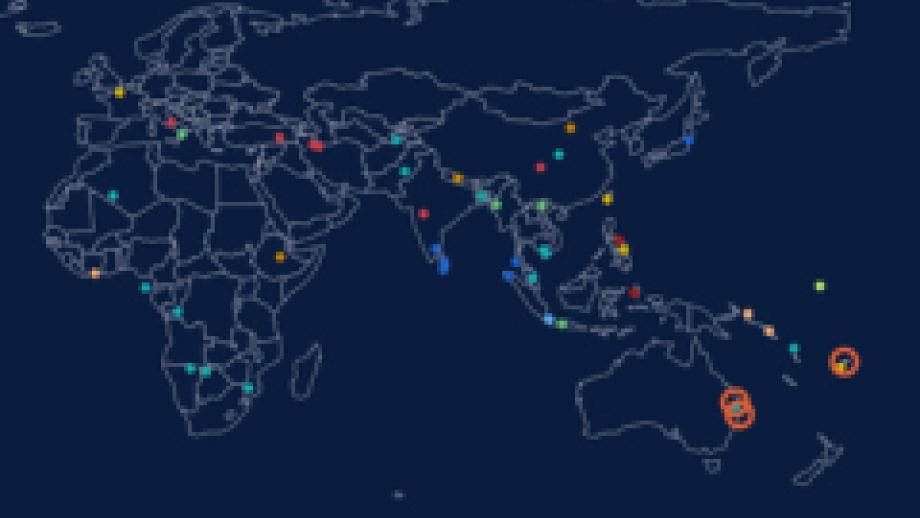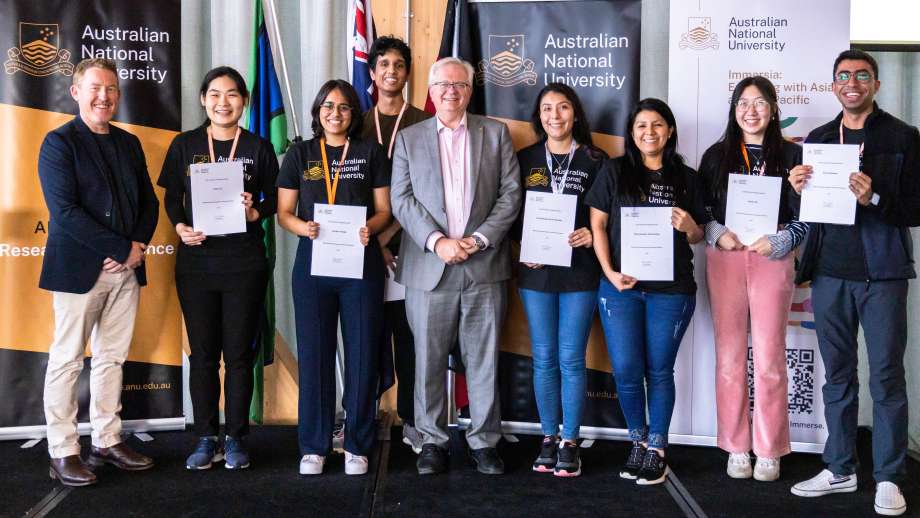The influence of ‘securitization’ on biosecurity lawmaking and disease response in Australia (2003–2016)
Presented by ANU College of Asia & the Pacific
Three years into a global pandemic, it is all too clear how infectious diseases can threaten human health and individual and community wellbeing. While some have us have experienced COVID-19 as an illness, all of us have experienced it through the exercise of extraordinary public health powers, including border closures and lockdowns. Despite how it may have seemed in early 2020, many of the regulatory levers to respond to COVID-19 and other biosecurity threats were already on the statute books in Australia. How did they come be drafted and what principles and values informed their development?
In his final PhD presentation, Tim Vines will present his findings of the extent to which 'securitization' featured as a 'mechanism' in the design of Australia's regulatory regime for responding to 'biosecurity' risks associated with disease and biological agents. Tim's study draws upon the Copenhagen School's theory of securitization, and the insights of Braithwaite and Drahos (2000) on the mechanisms that drive the globalisation of rules and principles, to examine pre-COVID-19 biosecurity law- and policymaking, and Australia's response to the 2009 influenza pandemic and 2014-16 West Africa Ebola outbreak. Adopting a multi-method approach, this presentation will report findings drawn from documentary analysis and semi-structured interviews with government and non-government representatives. The significance of this study is its detailed analysis of the presence and use of security discourse in the development of pandemic preparedness and responses measures over a variety of cases. A key strength is the study's use of multiple methods, including a novel use of Freedom of Information requests, to critically examine the degree to which Ministers and 'the government' engage in securitization.
Understanding how Australia's pandemic preparedness and response regimes came into being before COVID-19, and when (or if) Government deploys the language of security and exceptionality, will help researchers examine legal and regulatory responses to this pandemic, and for policymakers and practitioners to prepare for the next.
This seminar is Tim's final presentation of his doctoral candidature.
About the speaker
Timothy Vines is a part-time PhD scholar at RegNet. Tim commenced his PhD in mid-2015, while working at the National Health and Medical Research Council (NHMRC), where he was led a number of clinical trials initiatives and research ethics and integrity policy. He served on the ACT Health Clinical Ethics Committee and - for 10 years - was Vice President of Civil Liberties Australia, a Canberra based NGO. Tim is currently an acting manager at the New Zealand Ministry of Health, leading the development of New Zealand's new Therapeutic Products Bill. Tim is dad to a rambunctious toddler, Henry, who is making his first trip to Australia.
This seminar presentation will be online-only only for external audiences.
Location
Room: Level 2 Teaching Room, Room 2.10
Speakers
- Mr Timothy Vines
Contact
- RegNet communications



